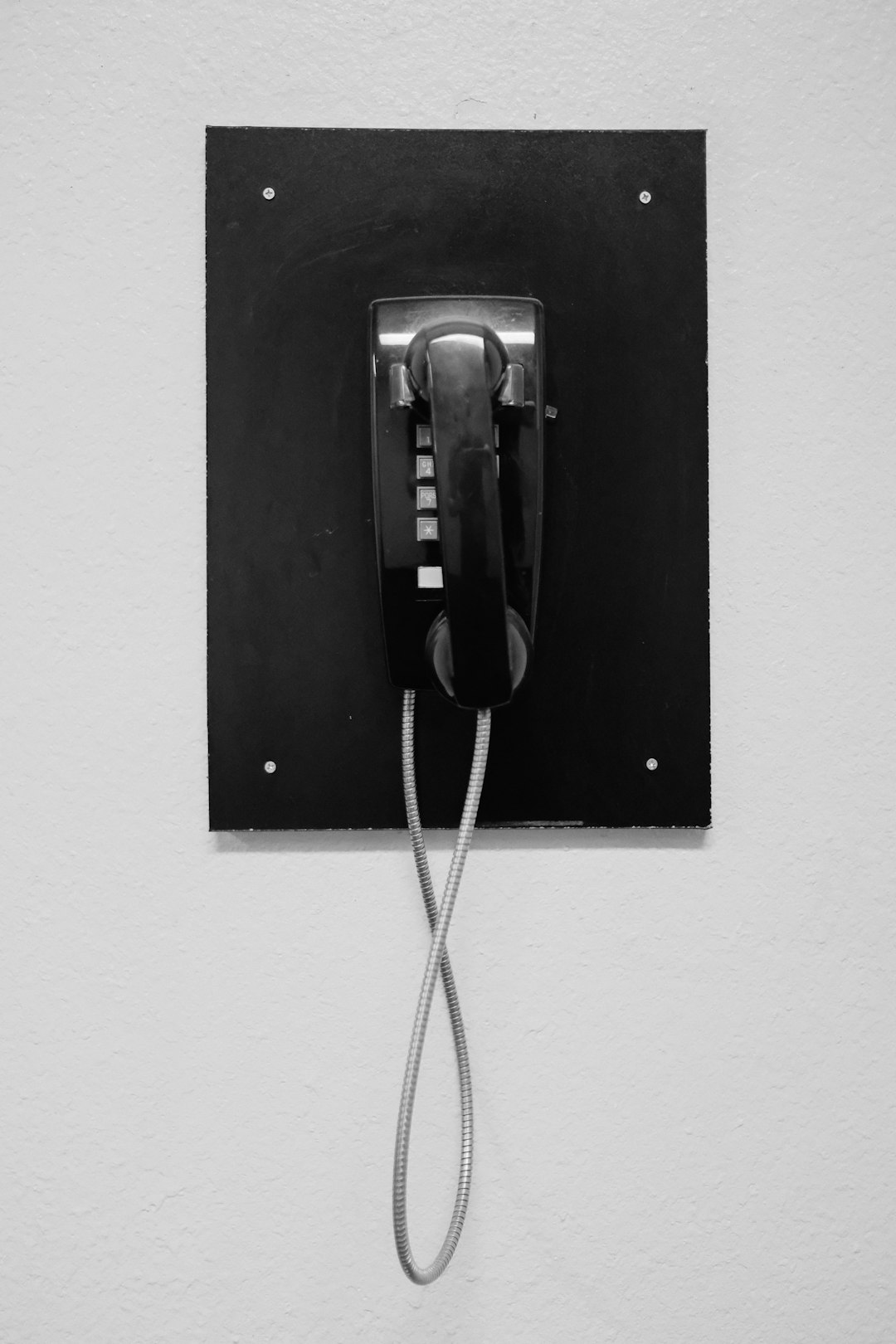Oregon residents enjoy robust consumer protection, including a stringent "Do Not Call" regulation that shields them from aggressive debt collection tactics. This law empowers Oregonians facing debt issues by ensuring fair treatment, providing dispute resolution frameworks, and protecting against inaccurate claims. Debt collectors must validate debts and adhere to ethical practices, while residents can request validation, consult legal counsel, and register for protection against unsolicited marketing calls through the Oregon Department of Justice. By understanding their rights and utilizing available resources, including legal aid, Oregonians can effectively navigate debt disputes and protect themselves from unfair "Do Not call law firms Oregon" practices.
Oregon residents face unique challenges when navigating debt disputes, but they are protected by a robust framework of consumer protection laws. Understanding these rights is crucial for those entangled in debt collection processes. This article guides you through Oregon’s legal landscape, covering everything from the state’s consumer protection regulations to disputing debt collector practices. Learn about your rights, including the powerful ‘Do Not Call’ rule, and discover practical steps to resolve disputes, ensuring fairness and peace of mind. Explore how local law firms can assist in these matters under Oregon’s specific Do Not Call laws.
Understanding Consumer Protection Laws in Oregon

In Oregon, consumer protection laws are in place to safeguard residents from unfair or deceptive practices, especially in financial transactions. These laws extend to debt collection and provide individuals with several rights when dealing with debt disputes. One notable regulation is the “Do Not Call” law, which prohibits telemarketers from contacting Oregon residents without their prior consent, offering a measure of protection against aggressive debt collection tactics.
Understanding these consumer protections is crucial for Oregonians facing debt issues. The state’s laws ensure fair treatment and provide a framework for resolving disputes amicably. Residents have the right to request validation of debts, ensuring that the amount owed is accurate, and they can also seek legal counsel without fear of unwanted calls from law firms.
What Are Your Rights When Dealing with Debt Collectors?

When dealing with debt collectors in Oregon, residents have specific rights that protect them from unfair or abusive practices. The Fair Debt Collection Practices Act (FDCPA) is a federal law that sets guidelines for how debt collectors can interact with consumers. In Oregon, this is further supplemented by state laws that provide additional safeguards. One of the most important rights is the “Do Not Call” right; you have the power to request that debt collectors stop contacting you directly, except in specific circumstances. This means no harassing calls from law firms or collection agencies.
Additionally, debt collectors must provide validation of the debt they are seeking, including the original creditor’s name and the amount owed. They are prohibited from using deceptive or misleading language, threatening behavior, or sharing personal information with third parties. Oregon residents can also request evidence of the debt and dispute any inaccuracies. These rights empower individuals to navigate debt collection disputes with confidence, ensuring a more fair and transparent process.
The Do Not Call Rule: How It Applies to Oregon Residents

In Oregon, residents have a right to privacy and protection from harassing phone calls, which is enshrined in the state’s Do Not Call Law. This law specifically prohibits law firms and other entities from making unsolicited telephone sales or marketing calls to consumers who have registered their numbers on the state’s official “Do Not Call” list.
Oregon residents can register their phone numbers by visiting the Oregon Department of Justice website or by mailing in a request form. Once registered, law firms and marketers must obtain explicit consent before calling, ensuring that residents’ privacy is respected. This rule is a significant safeguard against unwanted and intrusive marketing practices, empowering Oregonians to control their communication preferences.
Fighting Back: Legal Recourse for Unfair Debt Collection Practices

In Oregon, residents have legal rights against unfair debt collection practices, offering them a way to fight back and protect themselves. If you’ve been subjected to harassment, threats, or false statements from debt collectors, it’s crucial to know your options. The Fair Debt Collection Practices Act (FDCPA) is a federal law designed to keep debt collectors accountable and prevent abusive behavior. This legislation grants consumers the right to dispute inaccurate information in their credit reports and to request validation of the debt from the collector.
Oregon residents can take action by documenting every interaction with debt collectors, including phone calls, emails, and letters. Keep records of any threats or harassment and consider seeking legal counsel from a local attorney who specializes in consumer rights, especially if the debt collection practices have significantly impacted your mental well-being or daily life. Remember, you don’t need to “Do Not call law firms Oregon” to assert your rights; there are dedicated legal professionals ready to assist residents in navigating these complex issues.
Navigating the Process: Steps to Resolve Debt Disputes in Oregon

Navigating debt disputes can be complex, but Oregon residents have specific rights and resources to guide them through this process. The first step is to gather all relevant information and documents related to the debt. This includes contracts, statements, and any communication from creditors or collection agencies. Once you have your materials, it’s crucial to understand your options. You can attempt to resolve the dispute directly with the creditor by providing proof of payment or challenging the validity of the debt.
If direct communication doesn’t yield results, Oregon law allows consumers to file a dispute with the Oregon Department of Consumer and Business Services (DCBS). The DCBS serves as a mediator, helping both parties reach an agreement. You can also consider consulting with legal aid organizations or attorneys specializing in consumer rights, especially if you believe the debt collection practices are unfair or violate state laws. Remember, you have the right to “do not call” law firms, ensuring a more controlled and informed approach to resolving your debt dispute.






